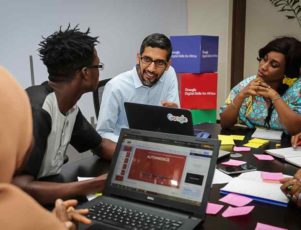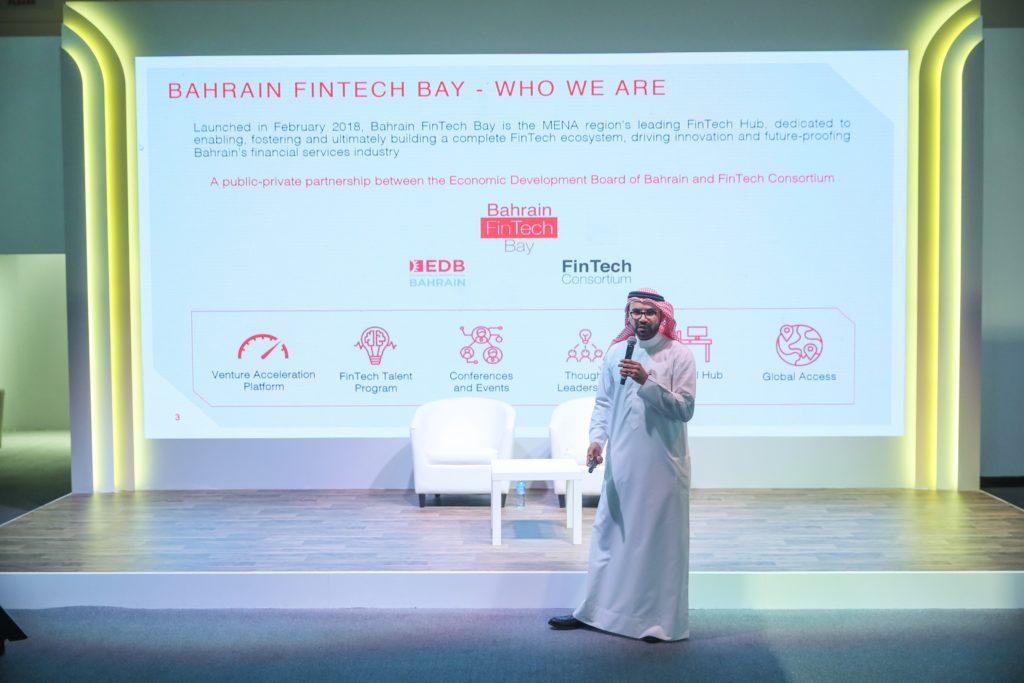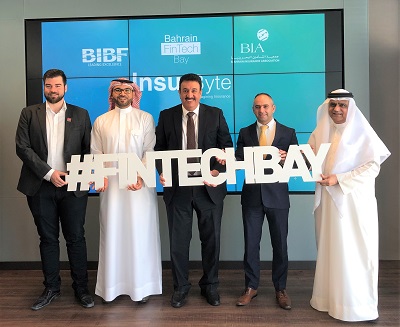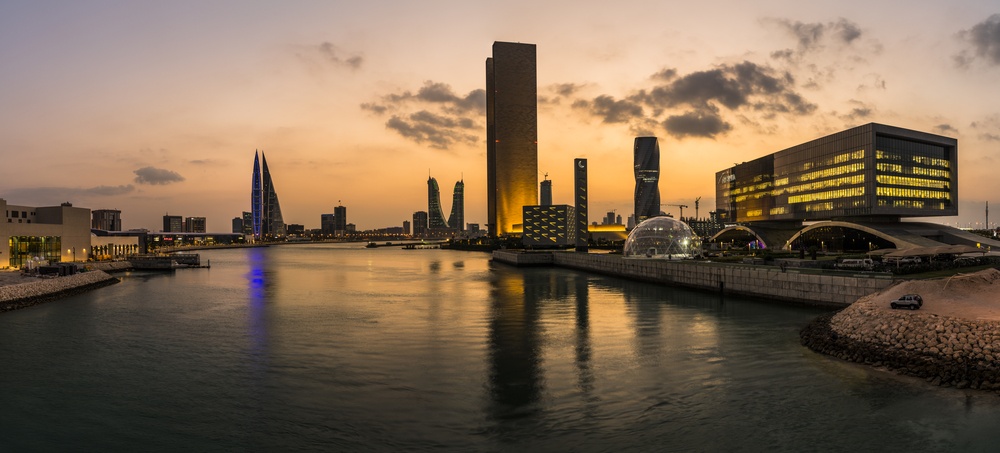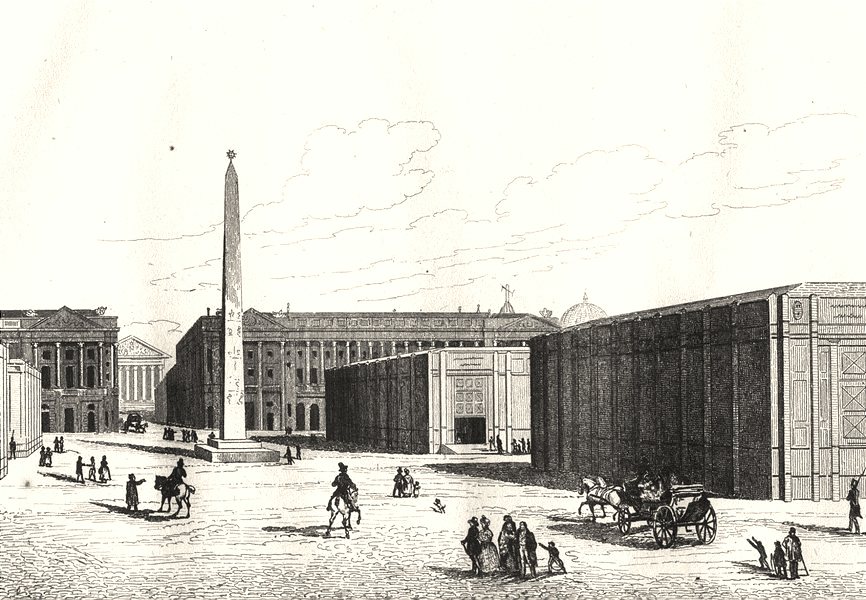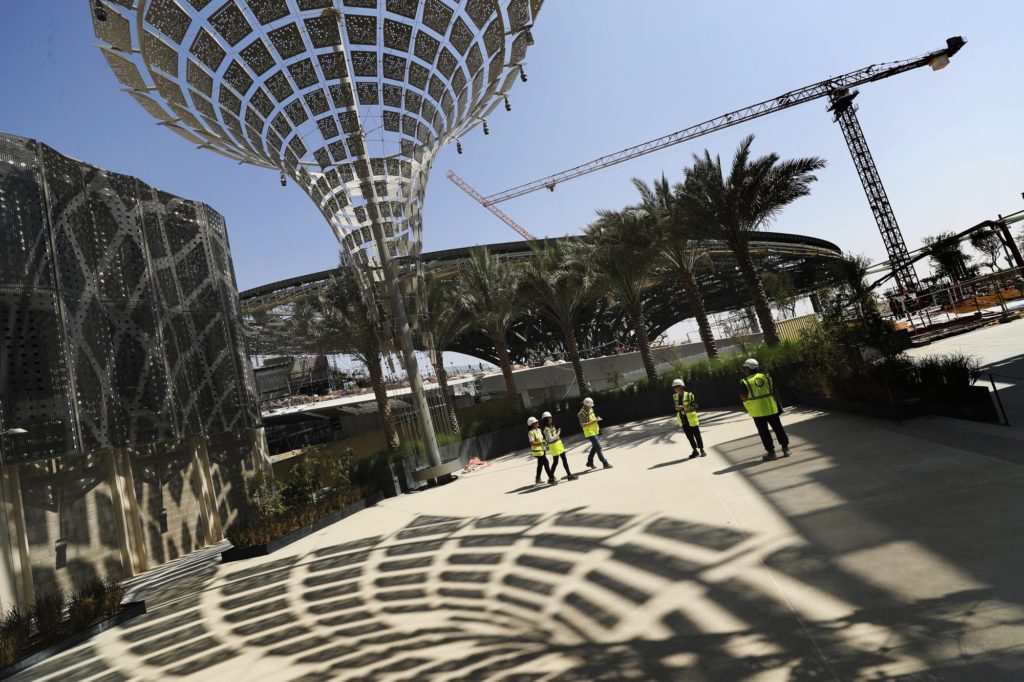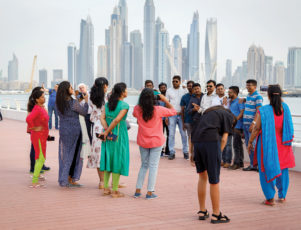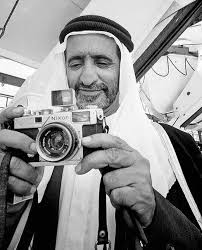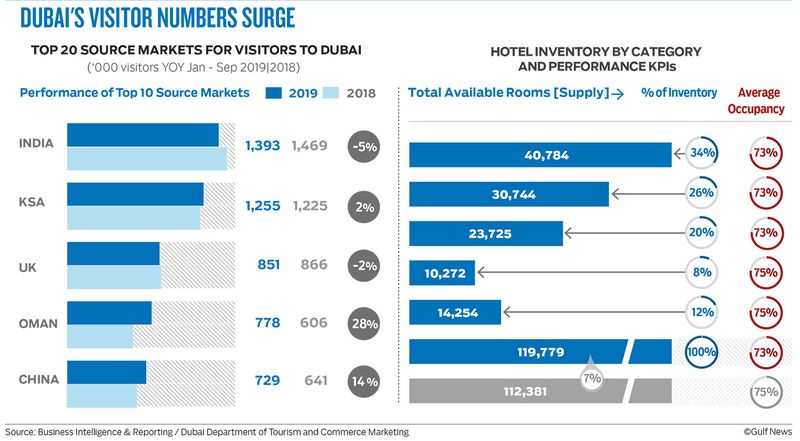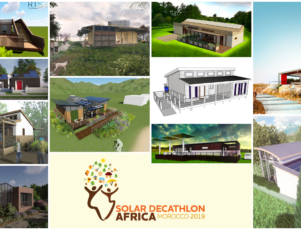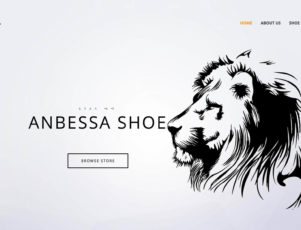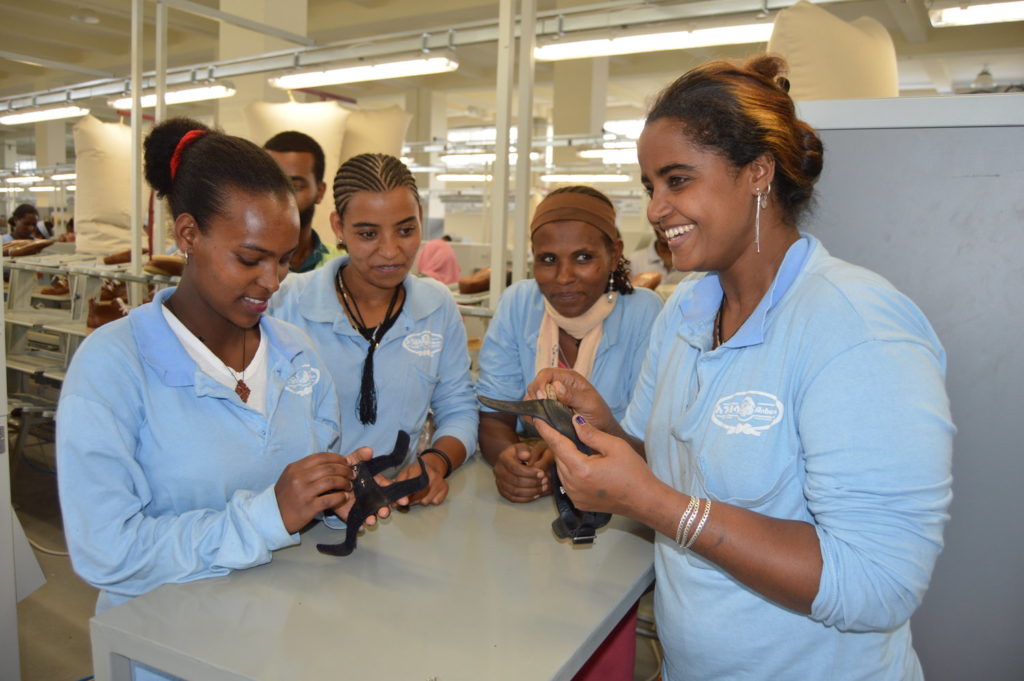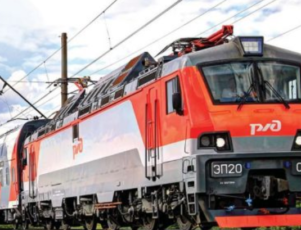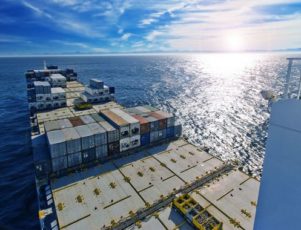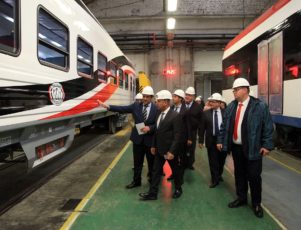Electronic Waste is poisoning Africa
When it comes to electronic waste (e-waste), Africa has long faced two battles to fight. Not only does it have to deal with its own e-waste, but it also has to cope with the large amounts of e-waste imported, often illegally, from other continents. E-waste can refer to any electronic product that is either coming to the end of its working life or that already has passed that use by date and can include computers, televisions, mobile phones’ etc.
For example, the UN Environment Programme’s study in 2009 found that Ghana imported 215,000 tons of electronic equipment that year with only 30% of that total being new. Of the rest, around 22,5000 tons could neither be recycled nor sold and would end up in landfill sites. The problem with the amounts that end up in landfill – something that is repeated across many African countries – is that these electronics often contain toxic elements such as mercury, lead, and cadmium, which then enter the soil and water.
Finding Solutions, Recycling for the future.
Compared to other areas of the world, recycling is an industry still in its infancy in Africa, particularly when it comes to e-waste. In East Africa alone, and not counting any imported e-waste, some 130,000 tonnes of e-waste is produced every year and only about 20% of that is recycled.
It needs dedication and vision to make the industry viable across the continent. And those are two attributes that you can say Jacqueline Mukarukundo has for sure. This young Rwandan entrepreneur was recently awarded the Margaret Prize which is given to women who are creative and active in the digital world.
It Began with an Accident
Her idea began with an accident back in 20011, when Mukarukundo was only around 13 years old. With some friends, she was taking part in a recycling campaign in the northern Rwandan city of Musanze. As they were working on a landfill site, a landslide happened (a common and dangerous occurrence on these sites) and her friend was lucky to escape. For Mukarukundo and her friends, that incident was the catalyst to get more involved in waste management and recycling.
In 2018, at the age of 20, Mukarukundo co-founded Wastezon along with Ghislain Irakoze. The company uses mobile technology to link consumers and businesses who have e-waste that needs disposed of to the main recycling companies in that area.
Simplicity Means Ease of Use

In order to make the process easy to use for consumers and recyclers, the person with the e-waste simply posts a photo of the e-waste – most often computers or mobile phones – and the recycling companies can then choose what they want and make an offer for the waste.
Since they started, Wastezon has enabled 400 tonnes of e-waste to be sold, a drop in the ocean for now but an idea that is both working and growing. The monetisation side of the app comes from Wastezon taking 10% of all transactions.
Low Internet Use and Mobile Phone Penetration Means There is a Long Way to Go
It has to be recognised that with a low level of internet connections (especially outside the capital, Kigali) and low mobile phone penetration (though this has dramatically increased to over 9 million subscriptions in recent years), this is an idea that is very much creating a foundation for future benefits. Rwanda also need to transform from a linear economy to a more circular one, though the amount of people repairing appliances rather than throwing away is also increasing.
As Mukarukundo herself says: “The biggest challenge is the transformation of mentalities and funding.”
Recycling and waste management tend not to be businesses that attract a lot of funding as though the societal and environmental benefits are many, it is not a sector that sees high profits.
Building for the Future
Mukarukundo knows that they have to keep pushing forward. They plan to expand their business to the cellular network to capture those consumers who do not have smartphones. And as 90% of the waste produced in Rwanda is organic, they also plan to expand their services to include that.
“I dream of a world without waste, and I believe in the power of technology to achieve it.”
She also dreams of enabling other young Rwandan women to follow her entrepreneurial path and hopes to have her own funding in place one day to achieve that.
With dreams like that, and with the dedication and visions she has been showing for most of her life, there is little doubt that the amounts of e-waste ending up in Rwandan landfill sites will continue to decline and that Mukarukundo’s business will continue to grow.
Photos : web24.news and media-exp1.licdn.com


